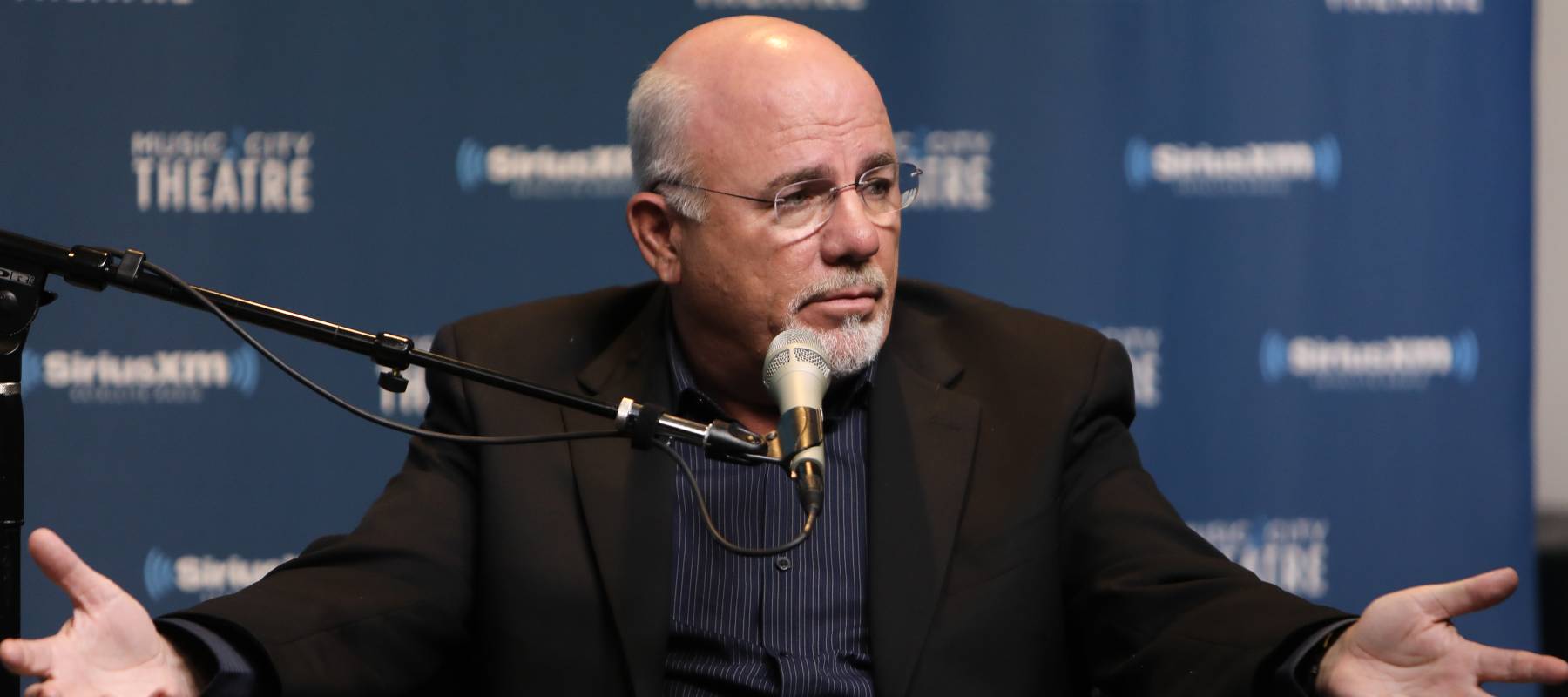Hustle culture vs traditional employment
Kiki is part of this hustle culture that is inherent to the gig economy. It has become quite popular because it is key to an independent lifestyle where an individual can create their own preferred work/life balance. However, it often puts a lot of responsibility on the workers — sometimes without sufficient compensation or job security.
Prior to switching to the gig economy, Kiki's most lucrative gigs were bottle service at a nightclub in Houston, Texas, and a part-time job as a supervisor at a local law firm. However, she was dissatisfied with both gigs and wants to pursue other ventures, such as teaching at an independent school, offering lip injections and subletting an apartment unit. Unfortunately, her three chosen ventures required upfront investment and not one has turned a profit.
“Sounds like you have a new job every three seconds of your life, but you’re not making anything,” Hammer observed. “You’ve given up the actual income sources.”
This fact isn’t lost on Kiki. Eventually, the young woman conceded that by saying this fact "out loud, it doesn’t make sense.”
Self employment can lead to high degree of failure
According to LendingTree, 20% of small businesses fail within the first year of operation. In Canada, the success of a business is based on a variety of factors, including regional preferences. For instance, in Ontario more than 3 out of 4 (80%) of small business enteprises (SME) make it past the crucial first 12 months of business; however, only two-thirds (63% to 67%) of Martime-based SMEs are operational after 12 months, according to Statistics Canada.
As Hammer points out, Kiki now risks becoming a part of these unfortunate statistics.
Empower your investments with Qtrade
Discover Qtrade's award-winning platform and take control of your financial future. With user-friendly tools, expert insights, and low fees, investing has never been easier.
Start Trading TodayCash flow management and budgeting are key
However, not all gig economy or SME operators are losing money. The key to success is to learn how to avoid failure.
One critical component is to be successful at cash flow management. This means creating a budget and sticking to your spending plan.
How Kiki's cash flow management set her up for failure
Kiki neglected her monthly income and expense reports. “To be honest, I don’t even keep track, because as soon as I get [the money] it goes away; I spend it,” she admitted.
Her numerous overdrafts made it clear that her personal finances are cash flow negative. One of the reasons for this is her frequent reliance on food delivery services. “If you think about the hours that I work, I don’t have time to cook,” she explained, adding “clicking is easier than making that sandwich.” To justify the expense, she explained that DoorDash is her “guilty pleasure.”
Hammer estimated that roughly 4.6% of Kiki’s monthly budget is spent on unnecessary food items, while another 30.2% on miscellaneous costs that Hammer found hard to justify. This is a problem, explained Hammer, because while her bank account is drained by unnecessary spending, Kiki's student loan debt is piling up.
Kiki has accumulated USD$10,095 in student loans from studying for a criminal justice degree. Minimum payments on this loan have been debited from her account, but she insisted she didn't know why and hasn’t been actively paying the loan back.
"Maybe Joe Biden is going to take care of it,” she said. To be clear, the Biden administration’s first attempt at student loan forgiveness was blocked by the Supreme Court; however, they have approved USD$132 billion in write-offs through other maneuvers.
Kiki blamed the stars for her predicament. “Mercury was in retrograde” for several years, she explained.
Hammer isn't convinced: “You did it. You’re your own planet in retrograde!”
What Caleb Hammer suggests to get back on track
Instead of waiting for the stars to align, Hammer suggested proactively reshaping her finances to salvage the situation. He recommended cutting back on all unnecessary purchases, eliminating most business ventures and using her criminal justice degree to get a steady job for at least a year until she can establish an emergency savings fund.
A safety net, he said, would allow her to pursue riskier ventures in the future, should she decide to. In fact, this was the strategy Hammer used to build his own business. “I have full-time employees,” he said. “I would never have gotten into [this business] without a 12-month emergency fund. I would have never gone into that if I had bad debt hanging over my head.”
What gig economy workers can do to prioritize work/life balance and stay financially afloat
Keep an emergency fund
Caleb Hammer's advice to keep an emergency fund is key. Having money in a safe, stable account that earns interest allows you to take calculcated risks when it comes to growing your career — including an investment in building up a roster of clients as a gig economy worker.
Ideally, you should have 3 to 9 months of monthly expenses saved in an emergency fund — enough money to pay necessary bills without having to tap into expensive debt.
To maximize your savings, put your money into a high-interest savings account (HISA), where it will have the chance to earn interest and grow over time. For instance, if you put $5,000 into a high-interest savings account that earned 4%, these savings could grow to just under $6,085 within five years. Leave those funds in a day-to-day bank account that pays just 0.1% interest and you'll only earn $25 in the same time frame.
To find a HISA account with a good new customer promotion, check out the Money.ca guide on high-interest savings accounts.
Track your spending
If budgeting isn't your strong suit, consider using budget trackers and apps. A good option is You Need a Budget (YNAB). This app helps users learn four simple rules that can significantly decrease their financial stress! According to YNAB, app users save an average of $600 over the first two months of using YNAB. Try YNAB for free for the first 34 days.
Use low-interest loans to grow your business
Finally, consider expensing any work-related costs on a separate credit card. This helps you keep track of work expenses, helps you budget and monitor work expenses in relation to income earned and allows you to easily track the cost of any debt you take on that's related to growing your gig economy or small business. Plus, you get a quick view of the costs that will be a tax deductible cost and this should help speed up your tax-time filing.
You can find a low-interest credit card using the Money.ca guide to low-interest cards, or consider a business credit card.
— with files from Romana King and David Saric
Trade Smarter, Today
Build your own investment portfolio with the CIBC Investor's Edge online and mobile trading platform and enjoy low commissions. Get 100 free trades and $200 or more cash back until March 31, 2025.







